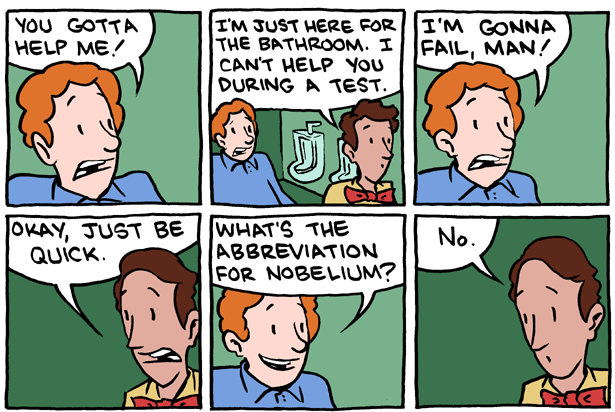The Mock Spanglish of @ElBloombito
If nothing else, Hurricane Irene leaves us with the legacy of a fine fake-Twitter account, @ElBloombito (aka "Miguel Bloombito"), which takes satirical aim at the Spanish-language announcements that New York City Mayor Mike Bloomberg appended to the end of his many hurricane-related press conferences. Bloomberg has been working on his Spanish public speaking for years (and has even received intensive tutoring sessions), but his very Bloombergian enunciation was too good a target to pass up for Rachel Figueroa-Levin, the creator of the @ElBloombito Twitter account.
Read the rest of this entry »



